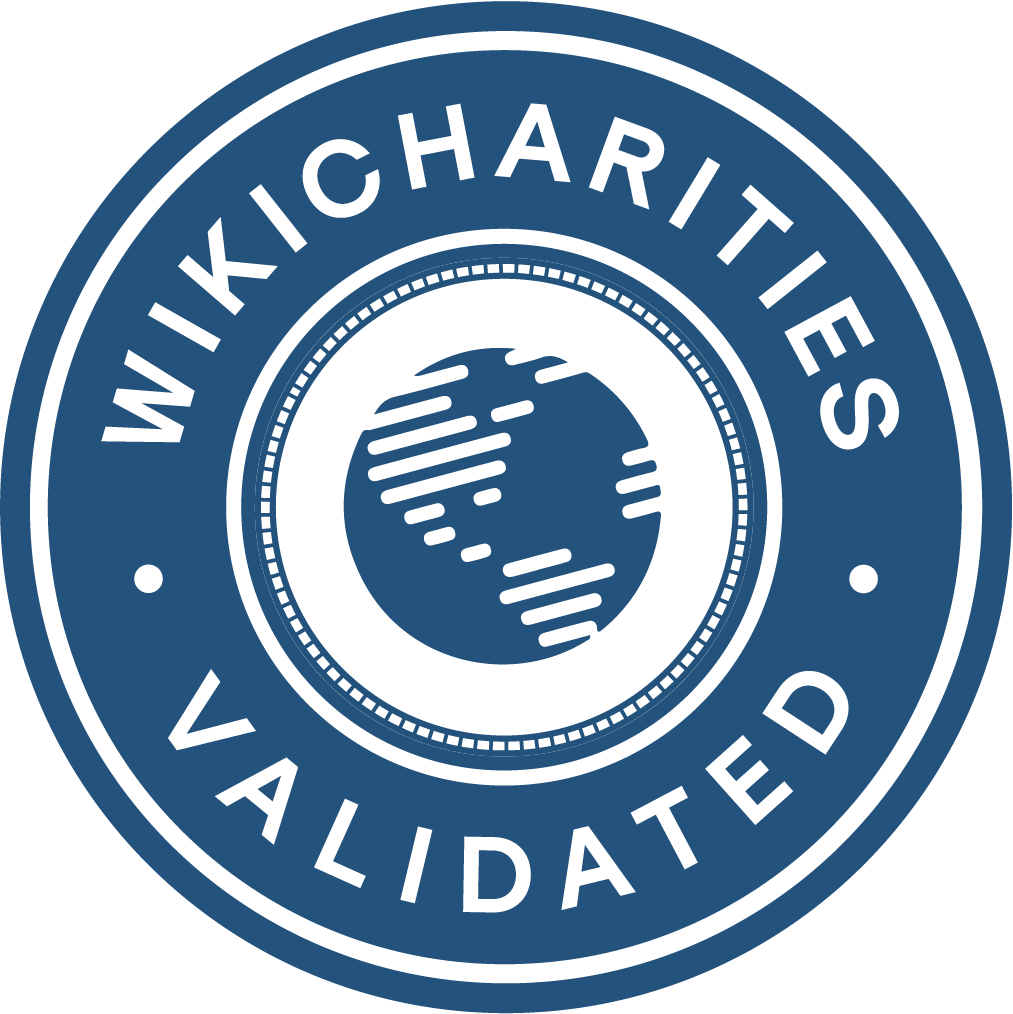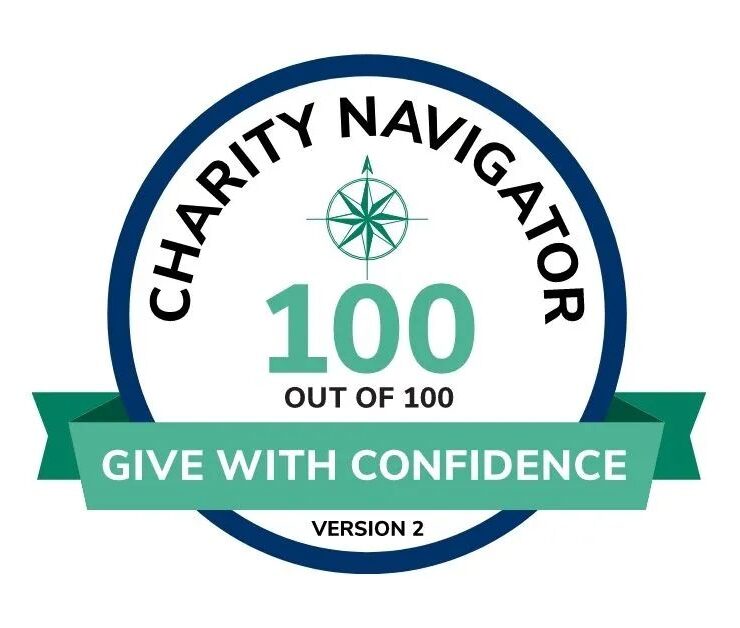Orphanages Don’t Only House Orphans
Did you know that globally, an estimated 8 out of 10 children living in orphanages have living immediate or extended family members who might be able to care for them with the right support?
This is something discussed at the Faith to Action Conference that our own Jaime Zogmaister and Kevin Clegg attended recently. The event was focused on transitioning the type of care provided by orphanages.
While foster care and adoption are common solutions for family-based care in the United States, orphanages are the primary option in many other countries. Often, children end up in orphanages because their families lack the resources or skills to create a stable home environment.
Transitioning Residential Homes to Family-Based Care
There are many children living in orphanages around the world, despite having living immediate or extended family members. This issue has led many organizations and governments to join the movement to help move more children into families. For example, “UNICEF works with governments and partners to develop policies and programmes aimed at preventing unnecessary family-child separation and protecting children deprived of parental care.” In some cases, changes might look like orphanages expanding or modifying their services (e.g. daycare, addiction recovery, or job skills training). In some places orphanages will be asked to close their doors.
One group focusing on this change is Faith to Action. Faith to Action is a faith based coalition of 14 organizations that offers informational resources to “raise awareness about the limitations of orphanages and build support for family care through strengthening families and increasing alternative family care options.” To discuss the transition to family-based care, Faith to Action held a conference that highlighted this shift and recognized the need for more support. Many homes are wanting transition, but do not have the support or resources to be able to do so. There are few organizations that bridge the gap between the policy and advocacy level and the practitioners working on the ground level with orphanages.
The transition for orphanages will not be an easy one. It will require coaching, planning, follow up, and funding. Additionally, the orphanages need more hired social workers to help throughout the process of transitioning. The children need these social workers to diligently reunify or place kids in a safe family and to continue to work with that family to ensure successful reunification.
As homes take the next steps to prepare to place children in families, A Child’s Hope is examining how we can assist in this process.
Welcoming a Special Addition
While the child care space discusses the potential risks and benefits of transitioning orphanages to family-based care, homes like this one are already taking a supportive role to families in need.
In early 2024, a children’s home in Nigeria received an unexpected call from a nearby hospital. The coordinator explained that they had a family that needed help with two young babies.
The mother and extended family had abandoned the two babies—one just four months old and premature—leaving the young father alone and struggling to take care of these two children. The coordinator at the hospital sought to find temporary care for the children as the father found his feet.
The last four months have been full of hospital visits, weekly therapy, and constant care for these sweet little ones. Their progress has been miraculous and, though it’s been a slow process, they are growing happily. The youngest laughed for the first time in the last week of April.
As a care option, this home is providing temporary assistance while supporting the need for family-based care as the father prepares to raise his young children in a family. With support from A Child’s Hope Foundation’s programs, the home was prepared and equipped with the procedures necessary to provide proper care during this temporary stay.
What Comes Next?
As the future of care for orphaned and vulnerable children continues to shift, there is a greater need to empower families and orphanages. Children deserve to be part of a loving family and, though it may never be perfect, organizations around the world are seeking to make that ideal a reality.
We are grateful to witness many positive transformations and celebrate wins with our partners in Mexico and several countries in Africa. Given our unique partnerships with organizations and orphanages worldwide, we have the opportunity to adjust our programs and find the best way to support this transition and help improve the global approach to caring for orphaned and vulnerable children. As we consider our next steps, we are eager to continue to collaborate, learn, and grow.
Join us in elevating how the world cares for orphaned children.

